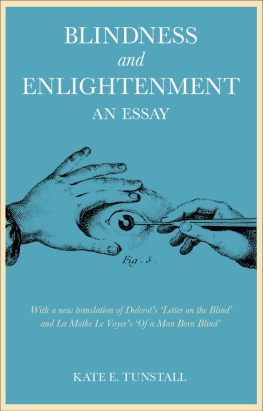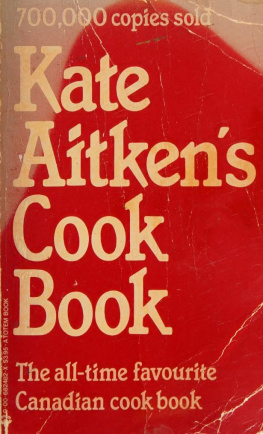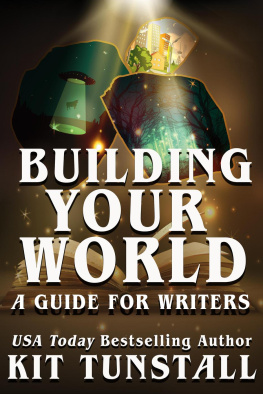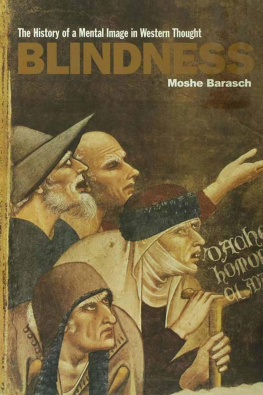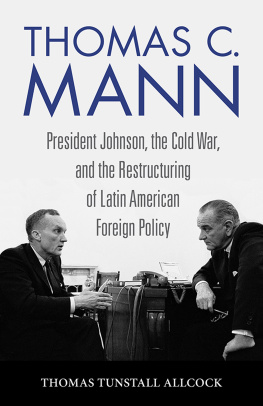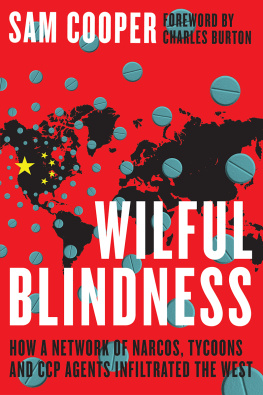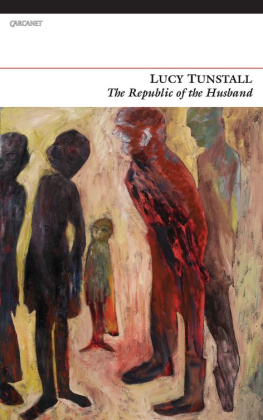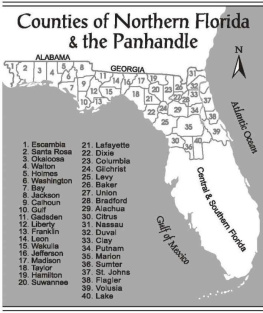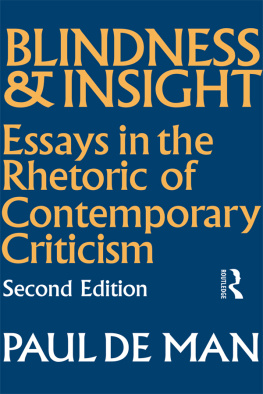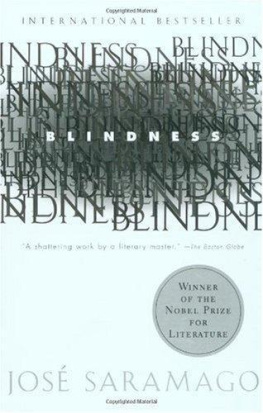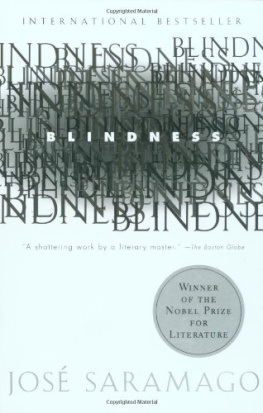Kate E. Tunstall - Blindness and Enlightenment
Here you can read online Kate E. Tunstall - Blindness and Enlightenment full text of the book (entire story) in english for free. Download pdf and epub, get meaning, cover and reviews about this ebook. year: 2011, publisher: The Continuum International Publishing Group Inc, genre: Science. Description of the work, (preface) as well as reviews are available. Best literature library LitArk.com created for fans of good reading and offers a wide selection of genres:
Romance novel
Science fiction
Adventure
Detective
Science
History
Home and family
Prose
Art
Politics
Computer
Non-fiction
Religion
Business
Children
Humor
Choose a favorite category and find really read worthwhile books. Enjoy immersion in the world of imagination, feel the emotions of the characters or learn something new for yourself, make an fascinating discovery.
- Book:Blindness and Enlightenment
- Author:
- Publisher:The Continuum International Publishing Group Inc
- Genre:
- Year:2011
- Rating:5 / 5
- Favourites:Add to favourites
- Your mark:
- 100
- 1
- 2
- 3
- 4
- 5
Blindness and Enlightenment: summary, description and annotation
We offer to read an annotation, description, summary or preface (depends on what the author of the book "Blindness and Enlightenment" wrote himself). If you haven't found the necessary information about the book — write in the comments, we will try to find it.
Blindness and Enlightenment — read online for free the complete book (whole text) full work
Below is the text of the book, divided by pages. System saving the place of the last page read, allows you to conveniently read the book "Blindness and Enlightenment" online for free, without having to search again every time where you left off. Put a bookmark, and you can go to the page where you finished reading at any time.
Font size:
Interval:
Bookmark:
2011
Continuum International Publishing Group
80 Maiden Lane, New York, NY 10038
The Tower Building, 11 York Road, London SE1 7NX
www.continuumbooks.com
Copyright 2011 Kate E. Tunstall
All rights reserved. No part of this book may be reproduced, stored in a retrieval system, or transmitted, in any form or by any means, electronic, mechanical, photocopying, recording, or otherwise, without the permission of the publishers.
Library of Congress Cataloging-in-Publication Data
A catalog record for this book is available from the Library of Congress.
ISBN-13: 978-1-441-11345-0
Digital conversion katebroome.co.nz
Le plus fructueux et naturel exercice de nostre esprit, cest mon gr la conference. Jen trouve lusage plus doux que daucune autre action de nostre vie; et cest la raison pourquoy, si jestois asture forc de choisir, je consentirois plustost, ce crois-je, de perdre la veue que louir ou le parler.
[The most fruitful and natural exercise of our mind, in my opinion, is discussion. I find it sweeter than any other action of our life; and that is the reason why, if I were right now forced to choose, I believe I would rather consent to lose my sight than my hearing or speech.]
(Montaigne)
Toute la philosophie nest fonde que sur deux choses: sur ce quon a lesprit curieux et les yeux mauvais.
[The whole of philosophy is based on two things alone: a curious mind and bad eyesight.]
(Fontenelle)
Tenter de lire [] sans avoir des yeux, c[est] chercher une pingle avec un gros bton.
[Trying to read without eyes [is] like looking for a pin with a great big stick.]
(Diderot)
1 First page of Lettre sur les aveugles lusage de ceux qui voient (London [Paris], 1749). Reproduced courtesy of the University Librarian and Director, The John Rylands University Library, The University of Manchester. 29
2 A blind man performing natural geometry from Descartess La Dioptrique (1637). 60
3 Title page of Lettre sur les aveugles lusage de ceux qui voient (London [Paris], 1749). Reproduced courtesy of the University Librarian and Director, The John Rylands University Library, The University of Manchester. 162
4 Title page of A Letter on Blindness for the Use of those who have their Sight (London, 1770). Reproduced courtesy of the University Librarian and Director, The John Rylands University Library, The University of Manchester. 163
For their conversation, curiosity and insights, I wish to thank Wilda Anderson, Alain Cantillon, Terence Cave, Tim Chesters, Marion Chottin, Andrea Christofidou, Nicholas Cronk, Andrew Curran, Lesel Dawson, Milad Doueihi, Nathalie Ferrand, Finn Fordham, Jim Grant, Marian Hobson, Katherine Ibbett, Anna Kemp, Carl Knappett, Conrad Leyser, Anna Lucas, Patrick Mackie, Thibaut Maus de Rolley, Chris Miller, Ben Morgan, Michael Moriarty, Isabelle Moreau, Jean-Paul Sermain, Joanna Stalnaker, Bernard Sufrin, Alexis Tadi, Rowan Tomlinson, Stephen Williams and Amy Wygant, as well as my family, Pat and Mike Tunstall, Ben Tunstall and Katherine Skellon.
A number of sounding boards gave me very helpful feedback at various stages. I thank, in particular, the Early Modern French Research Seminar (University of Oxford), the Early Modern Seminar (University of London), the research group Frontires de la Modernit (Maison Franaise dOxford), the seminar Formes et Ides de la Renaissance aux Lumires (Paris III-Sorbonne Nouvelle), the Worcester College Womens Research Seminar, and the audience at the session In and Around the Encyclopdie (French Studies, Oxford).
The University of Oxford provides an ideal environment in which to think, talk and write, and Worcester College has sustained me in these and other no less essential ways: I am particularly grateful to the Senior Common Room staff, Neil Turner, Asia Twardowska and Paula Wallbridge, for allowing me last-minute lunches, and to the Head Gardener, Simon Bagnall, and his team for creating an amazing spectacle of nature in the College gardens. Other support, moral as well as technical and administrative, was provided by Cath Fraser, Jane Gover, Karen James, Marilyn Peddie, Elizabeth Smith and Emma Standhaft.
It was my extraordinary good fortune to have a team of readers to guide me through what I had written when I could no longer see it clearly and to suggest signposts, alternative routes and short cuts. I wish to thank Emma Herdman for her remarkable tact and eagle eyes, Richard Scholar for his terrifically helpful pesky squiggles and his willingness to debate them at short notice, Caroline Warman for her exceptional generosity of ideas and for knowing when things are funny (and when theyre not), and Wes Williams for his fine-tuned ear for echoes and rhythms, or perhaps that should be rhythms and echoes. My greatest debts are to Alain, his one-eyed horse and le virage Viala .
Oxford and Saint Affrique (Aveyron), 2010
Some of the material appearing in Chapters 1, 2 and 6 has appeared elsewhere as Des circonstances assez peu philosophiques: Diderots aveugle-n du Puiseaux in French Studies Bulletin , 99 (2006), 336; The Judgement of Experience: Reading and Seeing in Diderots Lettre sur les aveugles in French Studies , 62.4 (2008), 40416; Pr-histoire dun emblme des Lumires: laveugle-n de Montaigne Diderot, in Isabelle Moreau (ed.), Les Lumires en mouvement: la circulation des ides au XVIIIe sicle (Lyon: ENS, 2009), pp.17397; LAveugle qui suit laveugle qui suit laveugle: la philosophie intertextuelle de la Lettre sur les aveugles in Marion Chottin (ed.), LAveugle et le philosophe (Paris: Presses Universitaires de Paris-Sorbonne, 2009), pp.6381; and Philosophy, Ethics and the Work of Fiction, Alexis Tadi and Richard Scholar (eds), Fiction and the Frontiers of Knowledge in Europe, 15001800 (Aldershot: Ashgate, 2011), pp.10721.
References are made to two French editions of the Lettre sur les aveugles . The first reference is to the standard scholarly edition in volume 4 of Denis Diderot, uvres compltes , Herbert Dieckmann, Jacques Proust and Jean Varloot (eds), 30+ volumes (Paris: Hermann, 1975). The second is to the paperback edition in Denis Diderot, Lettre sur les aveugles. Lettre sur les sourds et muets , Marian Hobson and Simon Harvey (eds), (Paris: Garnier-Flammarion, 2000), pp.2886. The first is referred to as DPV, 4, the second as Hobson and Harvey. All references to the Letter on the Blind (referred to as the Letter ) are to my English translation, found here in the Appendix, pp.167227.
For other non-English language texts, the first reference gives the original title, followed by the English title or translation in square brackets; subsequent references give only the original title. All translations, unless otherwise stated, are mine.
One Saturday, I open the newspaper to find inside a leaflet from a charitable organisation requesting a donation. On the cover, it shows a picture of a child with cloudy eyes: he is suffering from cataracts. I open the leaflet and my eyes are drawn to the following testimony:
I took the bandage off his eyes. The young boy looked around and then looked at his mother. There was silence for a moment, then he said something to her. She burst into tears, and so did the boy. I ran to get a translator as worried thoughts flashed through my mind
The translator slowly turned to me and said, Dont worry. The child had told his mother that this was the first time he could see her. He said she was beautiful.
Font size:
Interval:
Bookmark:
Similar books «Blindness and Enlightenment»
Look at similar books to Blindness and Enlightenment. We have selected literature similar in name and meaning in the hope of providing readers with more options to find new, interesting, not yet read works.
Discussion, reviews of the book Blindness and Enlightenment and just readers' own opinions. Leave your comments, write what you think about the work, its meaning or the main characters. Specify what exactly you liked and what you didn't like, and why you think so.

